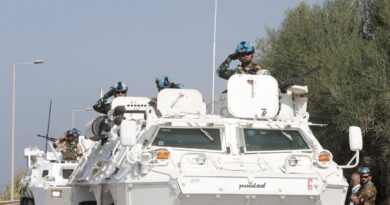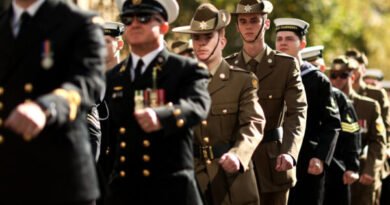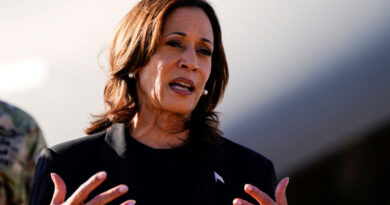US Encourages Iraqi Kurdistan to Quickly Establish a Government Following Parliamentary Election
The semi-autonomous region continues to face persistent conflicts between rival parties and the central government in Baghdad.
The United States is urging Iraq’s semi-autonomous Kurdish region to swiftly establish a viable government following the recent parliamentary elections where the Kurdistan Democratic Party (KDP) emerged victorious on Oct. 20.
“We are strongly urging political parties to engage in a prompt and sustained dialogue to swiftly form a stable and representative government without delay,” remarked U.S. State Department spokesman Vedant Patel during a press briefing on Oct. 21.
A day prior, the energy-rich Kurdish region in northern Iraq held parliamentary elections where the KDP and the Patriotic Union of Kurdistan (PUK) competed against each other.
Preliminary results show that the KDP, led by the Barzani family, secured the highest number of votes, with the PUK following in second place and the New Generation Movement in third.
The elections for the 100-seat Kurdish Parliament, initially scheduled for 2022, faced repeated delays due to ongoing disputes between the two dominant parties.
Nechirvan Barzani, the current leader of the Erbil-based regional government, hailed the elections as a significant step forward in the democratic process of the Kurdish people.
In a statement on Oct. 21 through Rudaw news agency, Barzani praised the peaceful and orderly conduct of the elections and expressed anticipation for the formation of a new government once the results are officially verified.
The formation of a viable government following the election results, according to Patel, reflects a fairly smooth electoral process with high voter participation and minimal security incidents.
Civil society’s role in promoting political dialogue and amplifying the voices of the region’s residents ahead of the elections was also commended by Patel.
The KDP’s dominant position following the 2018 parliamentary elections has led to ongoing power-sharing disputes and conflicting interests over the region’s oil wealth with the PUK.
In the latest election, the KDP did not achieve a clear majority, signaling the need for cooperation with the PUK to form a cohesive government.
Regarding U.S. engagement in facilitating compromise between Kurdish parties, Patel refrained from disclosing specific plans but emphasized the importance of uniting to form a government promptly.
The economic crisis resulting from the suspension of a significant portion of the region’s oil exports has further complicated the situation, leading to delays in government salaries and reduced public services.
The Kurdish regional government, established in 1992 after the U.S. intervention in Saddam Hussein’s Iraq, has maintained relative autonomy from the central government for over three decades.
Tensions with Baghdad escalated in 2017 with the Kurdish region’s independence referendum, which Baghdad refused to acknowledge, followed by a brief military conflict resulting in the loss of territory to Iraqi forces.





